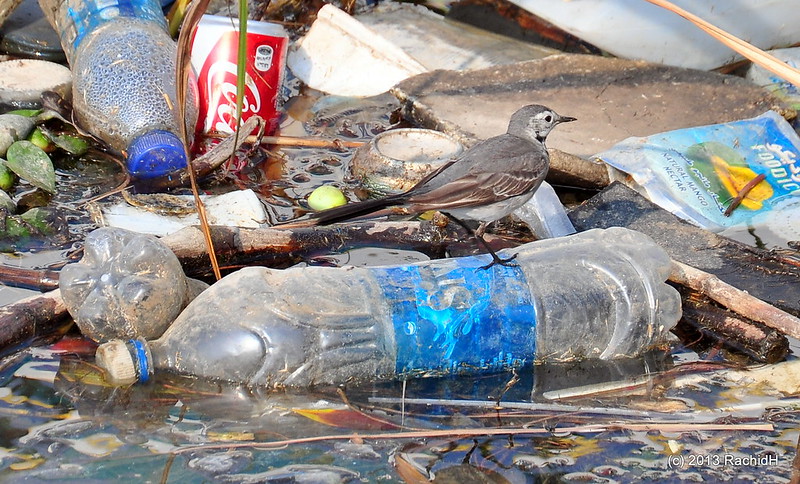by Ambra Visentin
The annual production of plastic has more than doubled in 20 years to 460 million tonnes. As with other environmental problems, the political and scientific world is struggling to find solutions quickly. Plastic production could triple again by 2060, despite being responsible for almost two billion tonnes of greenhouse gases a year, and microplastics are beginning to be detected in human blood, breast milk and placenta.
Often portrayed as the world’s last and most benign garbage dump, the African continent is full of countries leading the fight against unwanted plastic. Kenya is well known for its commitment in this area. In Nairobi in November 2023, the United Nations began the process of developing a global treaty on plastics to be finalised in 2025 at the Conference of Plenipotentiaries, with Ecuador, Peru, Rwanda and Senegal as potential hosts. Rwanda, together with Norway, is leading the High Ambition Coalition to End Plastic Pollution by 2040. This coalition brings together some fifty countries. Fourteen years ago, Kigali banned plastic bags and all packaging deemed ‘unnecessary’.
In South Sudan, a small team of experts led by Shazneen Cyrus Gazdar, a climate and environmental scientist at the United Nations Mission in South Sudan (UNMISS), is working with local authorities and civil society to find new solutions to the young nation’s environmental challenges, one reused plastic bottle at a time.
South Sudan’s challenges
Rich in biodiversity and natural resources, South Sudan is one of the five most climate-vulnerable countries in the world, according to the United Nations Environment Programme (UNEP). In recent years, floods and droughts have disrupted agriculture, worsened food security and affected around one million people each year. Above-average rainfall has overflowed rivers and their tributaries, submerging large areas of land, including homes, farms and schools.
Political and economic uncertainty has hampered the development of public services such as waste management and recycling, allowing waste to clog the country’s waterways and wetlands on their way to the Nile River, which South Sudan shares with 11 other African countries. More than 200 million people depend on the Nile for their livelihoods, but poor waste management can lead to spills of chemicals and plastics that threaten ecosystem services, human health and economic prosperity.
Towards zero waste
Some innovative communities in South Sudan are reusing waste in new ways. Plastic makes strong bricks because of its durability and resistance to degradation. Plastic bottles are being reused as bricks to build essential structures such as schools and homes. These buildings also help fight climate change. In fact, they are built with a third less concrete and no traditional bricks. This reduces greenhouse gas emissions and, thanks to the durability of the plastic material, which can withstand tropical storms, they are long-lasting.
The construction of the buildings has also become a source of employment for local women and young people. Ms Gazdar’s team is now planning to use the Mission’s Quick Impact Project mechanism to build waste collection points to support the new waste management facility in Juba city, and a women’s centre of excellence for the South Sudan Border Security Police.
And environmental initiatives are multiplying. Inspired by umuganda, which means ‘coming together for a common purpose’ in Kinyarwanda – a monthly community clean-up campaign in Rwanda – Unmiss plans to organise more such events to bring people together to care for their environment.



























